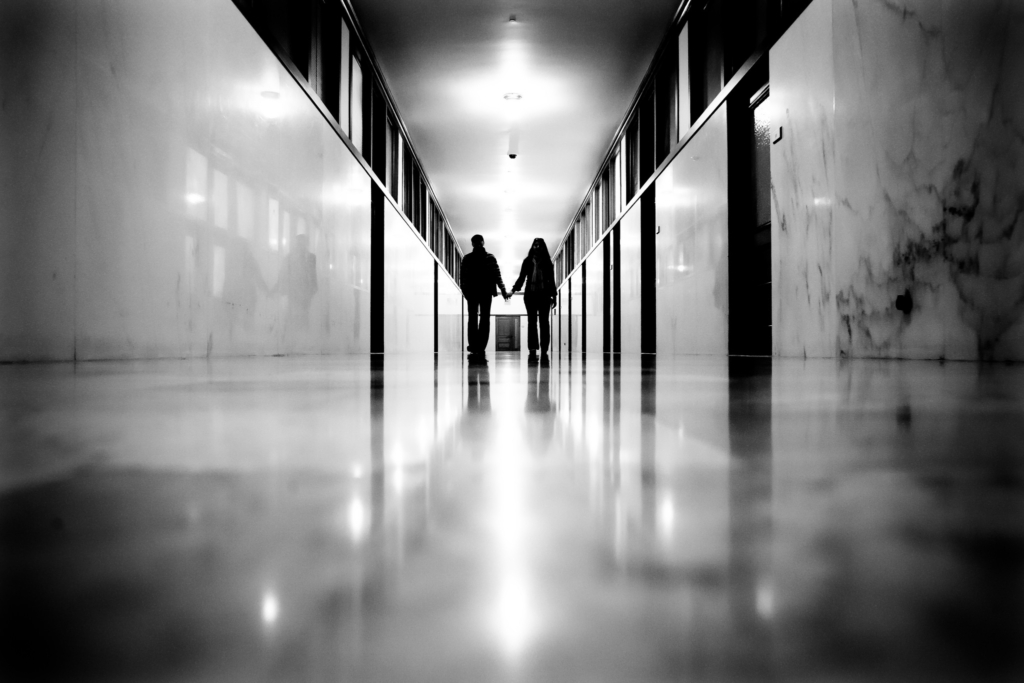
How can we express social sustainability visually? What’s the best way to illustrate and symbolise social sustainability?
When you enter the term “social sustainability” into a search engine, the results include an enormous number of colourful descriptions. After eliminating the curves and graphs, one image stands out: hand in hand. My hand in your hand. A group of smiling people holding hands. A few thumbs up and hands in the air also turn up.
In visual terms, this means that social sustainability is empathy, a sense of community, warmth, encounters. But when surrounded by a busy life, exhausting news and a constant sense of urgency, we aren’t always so compassionate. However, compassion – for other people, humanity, nature and our world – is at the core of all sustainability.
So why do we block compassion in our daily lives? I can identify five specific stumbling blocks. When an NGO fundraiser approaches people in the street, what do you think is the most commonly heard reason why someone won’t stop and help? Exactly. “I don’t have time.” Feeling empathy is not enough – compassion means noticing another person’s misery and pain and reacting to it with emotions and concrete actions. Being rushed blocks compassion in many ways: people easily fall into everyday survival mode and don’t have time to even notice another person’s misery, let alone react to it.
Being in a rush brings up the question of how mentally present, available or open we are. How many of us feel so anxious and even drained by the horrors of terrorism brought into our homes by the media – “it’s happening all the time” – that compassion fatigue is a genuine experience? How many natural disasters already get filed in the “I can’t do anything about it” category? Of course, it’s healthy to avoid carrying the burden of global suffering at all times, but encountering people on an everyday basis and remaining sensitive is a prerequisite for noticing misery and providing help.
Second, can we step into another person’s perspective? The ability to see things from another person’s perspective, especially in a conflict situation, is a very demanding task. If I think someone else’s opinion is completely wrong, can I still feel compassion for that person? If someone’s behaviour seems rude and offensive, do I start criticising or withdraw, or could I stop for even a moment to consider what I don’t know about that person’s viewpoint and situation – at work and at home. I know nothing about this person’s burdens and stress levels.
Perspective and the ability to be present are also limited by perceived unfairness. Treating a person unfairly or putting them in a tough position narrows your own perspective and may make it completely impossible to feel compassion – in part for good reason.
Third, who’s around when help is needed? The greater the opportunity we have to transfer responsibility for misery to someone else, the more likely we are to do so. Surely someone else has already? Someone else that can probably do it better…
Fourth, do I know someone who needs help, and how wide is my social circle? It’s always easier to help people who are familiar and safe. For example, workplaces should provide better support for humane encounters among co-workers. At the same time, great misery – even on the other side of the world – should make you stop and think, even though this can be distressing.
Finally, even if we are able to overcome all these other barriers, there is still one more stumbling block: am I brave enough to show compassion even when I’m uncertain or nervous? And that despite the fact that I almost feel like giving up in the face of climate change and everything else.
However, this is not all about individuals. What is our culture and teamwork like? It’s easy to respond positively to a good act – but more good will come about if we all strive to do the same. Good deeds generate more good deeds. For you, for me, for all of us. Every one of us is capable of a few thumbs ups and some mental hand-holding on behalf of each other and nature – the physical images of sustainability for our everyday life.

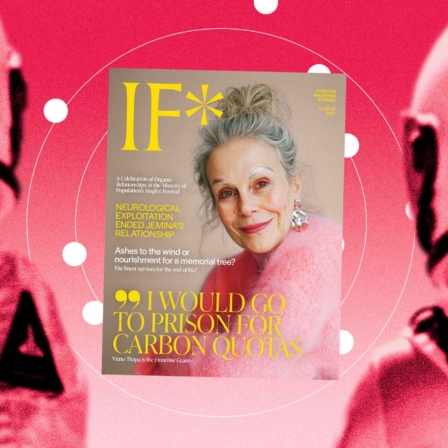

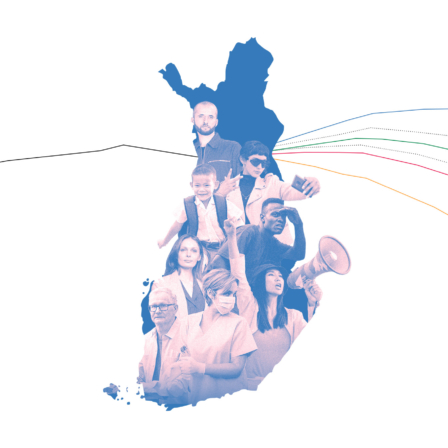
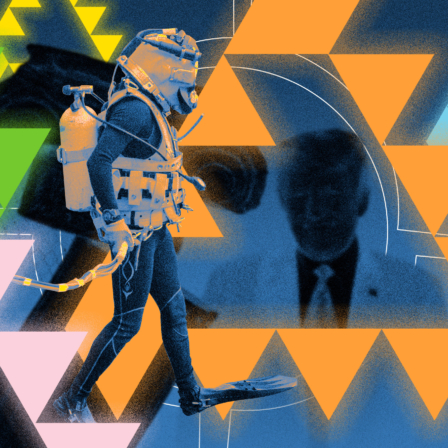
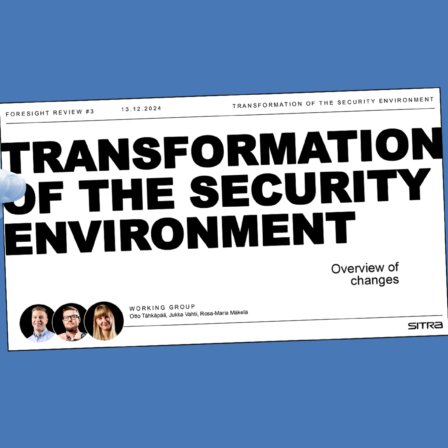
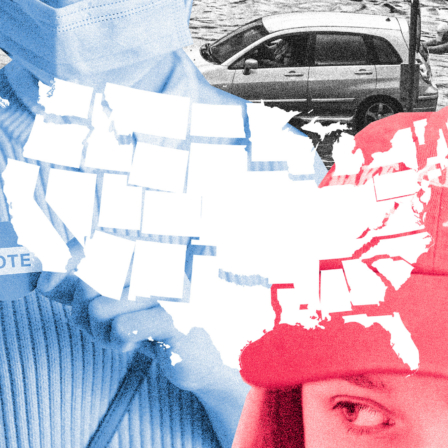
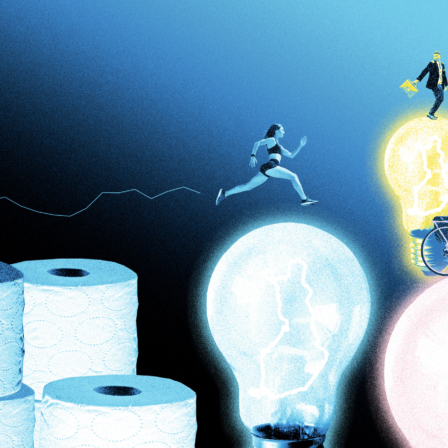
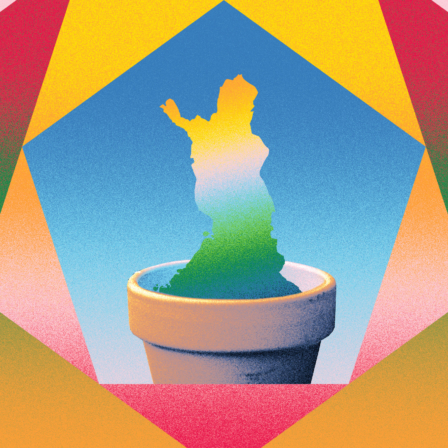
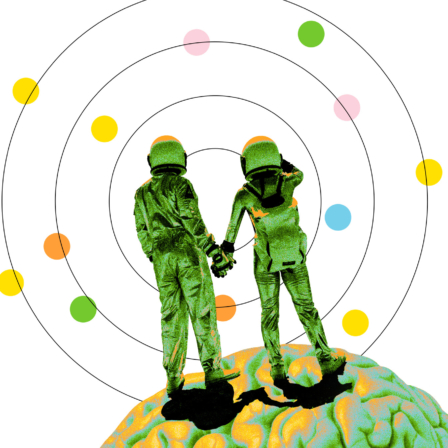




Recommended
Have some more.